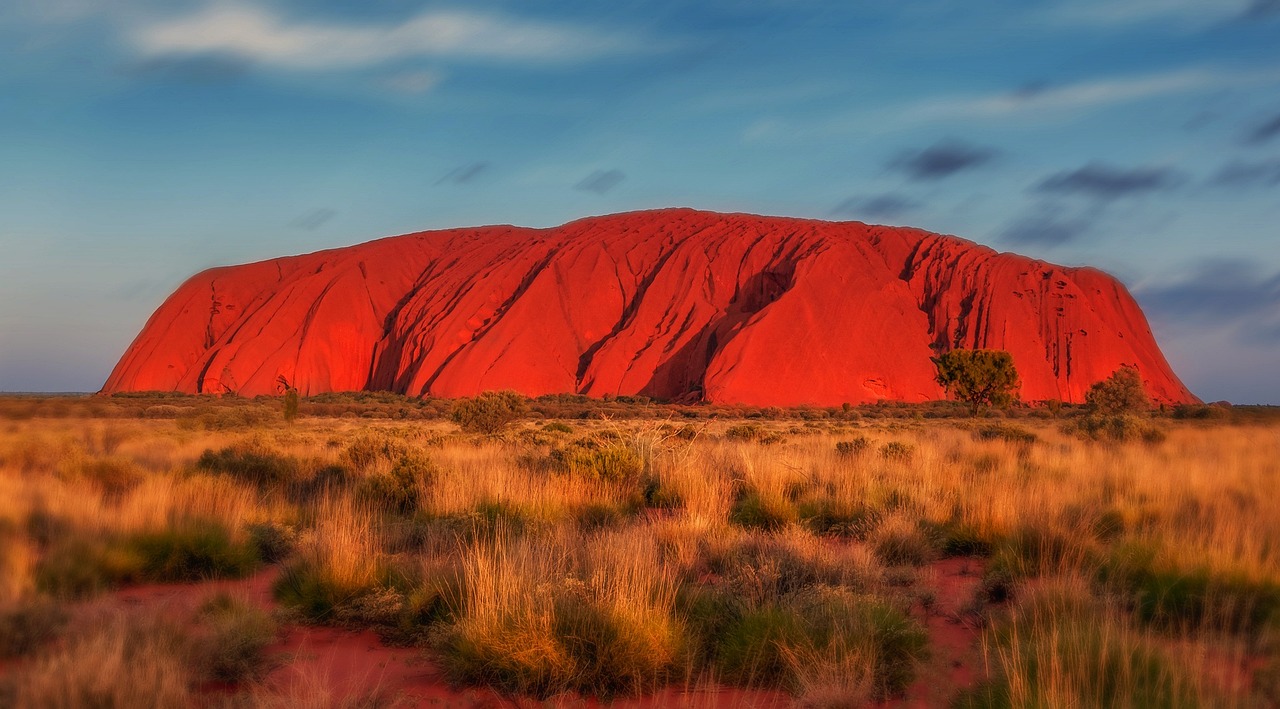
Uluru, Northern Territory, Australia, Pixabay.
The family of Yokun, an Aboriginal man shot and killed near Uluru, Northern Territory, in 1934 is calling for a government apology and compensation as the University of Adelaide and the South Australian Museum apologise for storing his remains for nearly 90 years. The call came at an emotional ceremony to mark the return of Yokun’s remains held at Uluru on 13 October 2022.
Back in 1934, 88 years ago, Mounted Constable Bill McKinnon shot and killed Yokun, a Pitjantjatjara man. In August 1934, McKinnon was sent to investigate the killing of Kai Umen near Mt Connor. During their search for Kai Umen’s killer, or killers, McKinnon, with two trackers, Paddy and Carbine, encountered five Aboriginal men, including Yokun, who were hunting. Despite the unlikelihood that any of the five were involved in the death of Kai Umen, the men were detained and questioned. After a week they escaped but Paddy shot Yokun, badly injuring him. Later McKinnon, who lied to authorities about his intentions, shot and killed Yokun at Uluru where the men had sought sanctuary. McKinnon was exonerated, in an 1935 inquiry, for shooting and killing Yokun. In 2019, however, McKinnon’s journals were found in his daughter’s garage, revealing that he had fired with the intention to kill Yokun. The discovery of the journals lead to the book by Mark McKenna, Return to Uluru, published by Black Inc., in 2021. Yokun’s remains, buried near where he was shot, were exhumed and kept for “research” in Adelaide. Read the whole story, posted by Lorena Allam in The Guardian on 14 October 2022:

